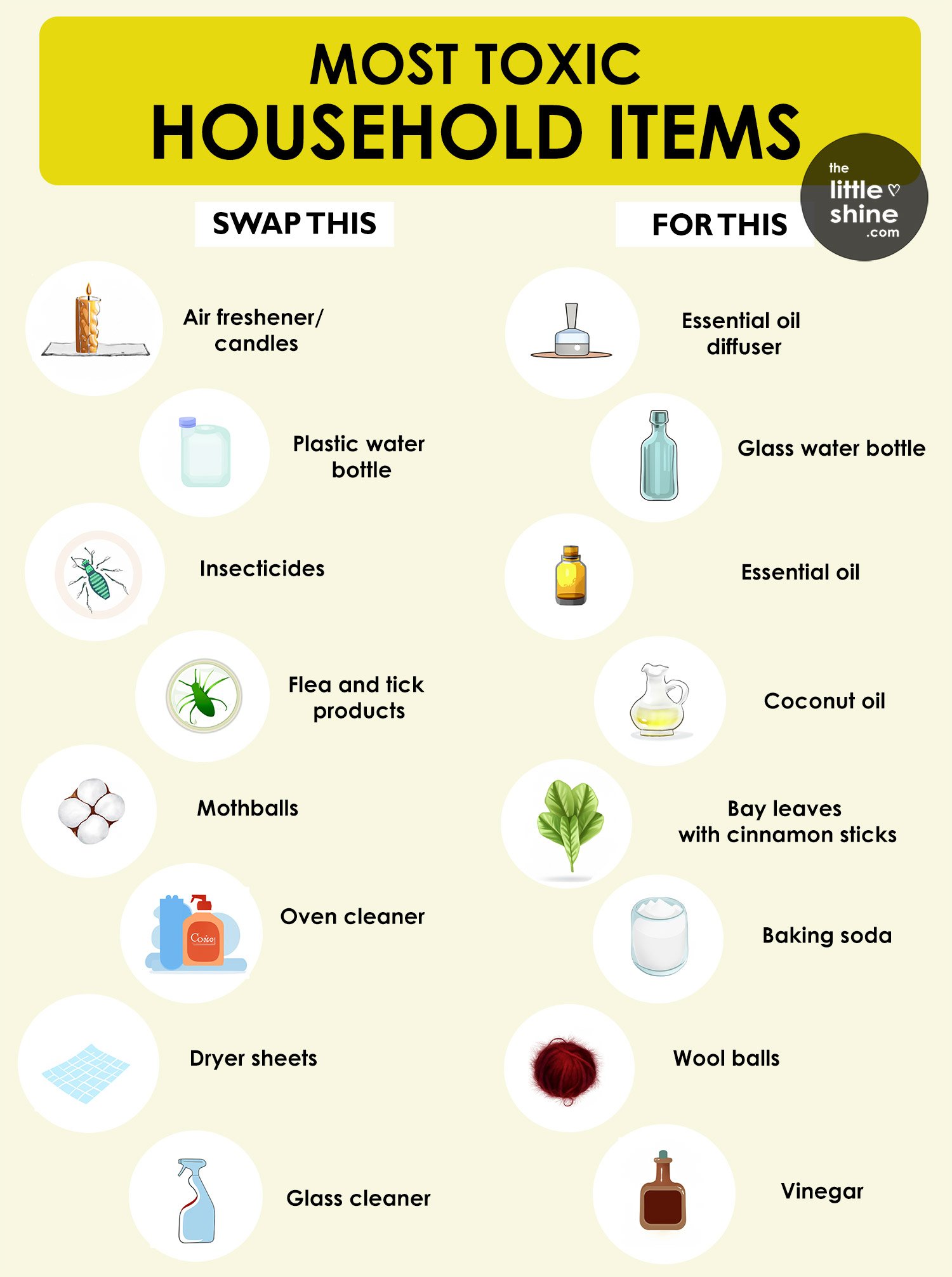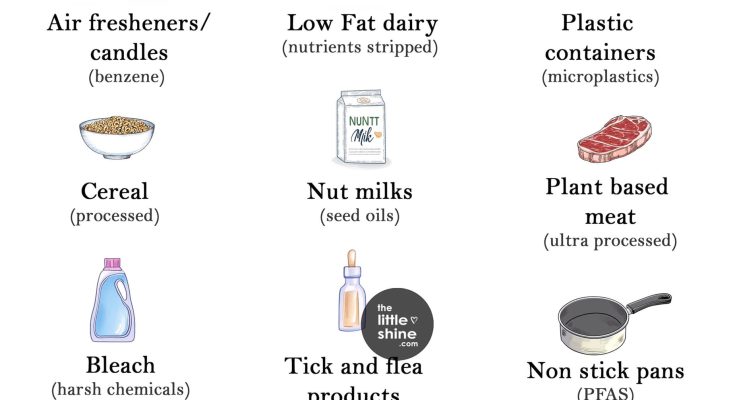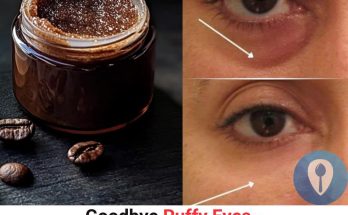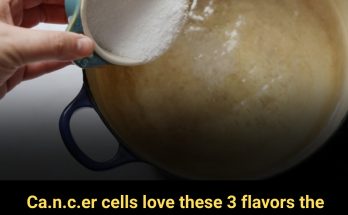There are often household items like air fresheners, mothballs, cleaner liquids, pesticides and insecticides, and more such items that we use and do not realize how toxic and hazardous they are to our health.

Toxic and hazardous chemical substances are those that are bad for health and can cause a wide range of health issues if used long-term. Since these items are basic household items, they are bound to be used by people on a long-term basis, thus making them more susceptible to major health issues.
But, the good part is that there are so many substitute products that we can use in place of these toxic items. Let’s talk about them.
Here are some of the most toxic household items and their alternatives:
1. Glass Cleaners
Glass cleaners contain chemicals including harsh chemicals like ammonia, that can damage one’s nervous system.
The Alternative: You could fill a spray bottle with water, vinegar (¼ cup) and some lemon juice (1 tablespoon), give it a good shake, and use this mixture in place of your store-bought glass cleaner.
2. Dryer Sheets
Most brands of dryer sheets contain harsh and hazardous toxic chemicals that can damage one’s health.
The Alternative: Using wool yarn to make dryer balls, placed and tied in pantyhose or socks, is better and healthier. You can run it through the washer a few times to feel the wool.
3. Candles and Air Fresheners
Candles and air fresheners are loaded with artificial fragrances. They also contain phthalates that can be linked to cancer and infertility.
The Alternative: Switching to essential oil diffusers, can not only give you a good fragrance, but you can also benefit from their therapeutic and medicinal properties.
4. Tick and Flea Products
The products used for ticks and fleas contain carbamates and Ops, which can cause damage to the nervous system.
The Alternative: You can apply coconut oil topically to the coat/fur of the pet or give it along with its food (1 teaspoon per 20 pounds of food).
5. Mothballs
Mothballs contain a substance called naphthalene, which can cause a person nausea and vomiting, respiratory issues, etc.
The Alternative: To substitute mothballs, you can fill a cheesecloth or gauze cloth with some bay leaves, lavender, mint, cedar chips, and cinnamon sticks (a few of each – 2 to 4 pieces of each), tie it up and place them at random places in your house to keep moths at bay.
6. Oven Cleaners
Oven cleaners contain hazardous ingredients and carcinogens that can aggravate allergies and can also cause skin irritation.
The Alternative: You can use a mixture of baking soda and vinegar, dip in a scrubber, and use it to clean your oven (after it’s lightly heated). Caution: Use oven mitts if the oven is heated.
7. Plastic Water Bottles or containers
Plastic water bottles have substances that can disrupt the endocrine system and they are also linked to cancer, early onset of puberty, neurological problems, etc.
The Alternative: Switching to glass bottles (the ones with non-plastic sleeves, instead of silicone sleeves to prevent glass shattering if dropped) is a healthier alternative. Or use stainless jars and containers.
8. Insecticides
Insecticides contain chemicals that get lodged and stored in the colon of the human body and can poison a person from the inside. They can also cause endocrine system damage and affect the nervous system as well.
The Alternative: Using homemade insecticides like a mix of castile soap, water, and orange essential oil can help kill insects like ants, cockroaches, and slugs.
8. Non stick pans
Non-stick coatings like Teflon contain per- or polyfluoroalkyl substances, or PFAS chemicals. At high heat, the non-stick coating releases fumes that are potentially harmful to your health. PFAS has even been linked to certain types of cancer.
The Alternative: Use ceramic coated cookware, cast iron or stainless steel pans.
9. Plant Milk
It’s actually quite common for seed and nut m*lks to contain oils such as corn, soybean, sunflower seed, safflower, canola and rapeseed (very similar to canola), as they help thicken the consistency.
The Alternative: Make your own plant milk at home. Soak almonds or any other nuts overnight, drain the water and blend the almonds. Strain the milk and use it. Use fresh coconut or use coconut butter, add it to the blender with enough water to make coconut milk.
10. Seed oil
Scientific evidence does not support claims that seed oils such as canola and soy are “toxic.”
The alternative – Switch to using butter, ghee, coconut oil, avocado oil, or extra virgin olive oil when cooking or baking at home



